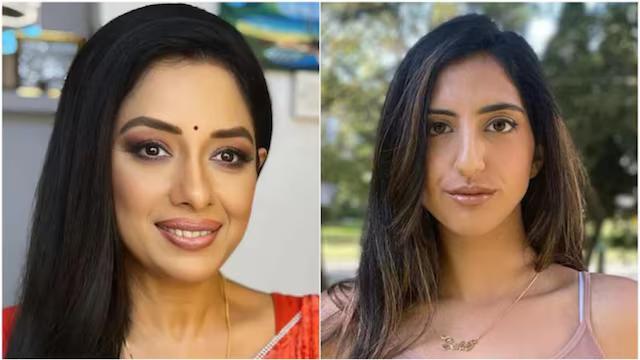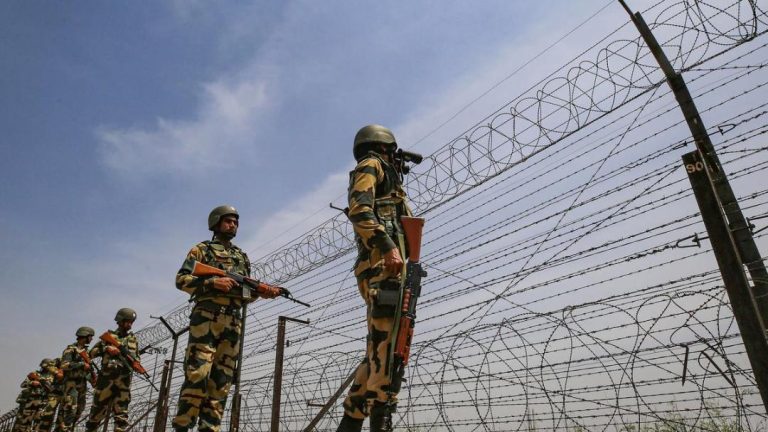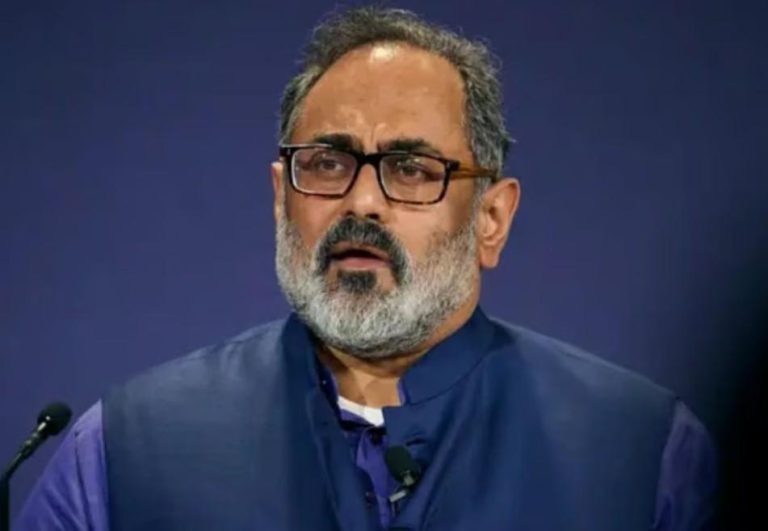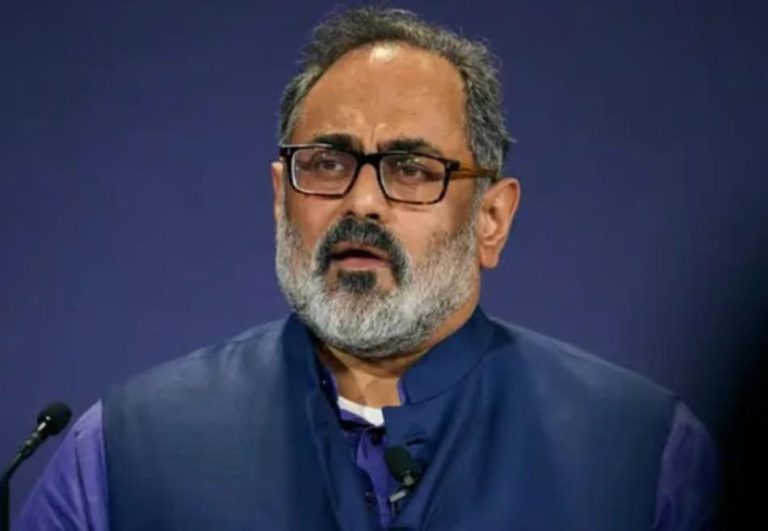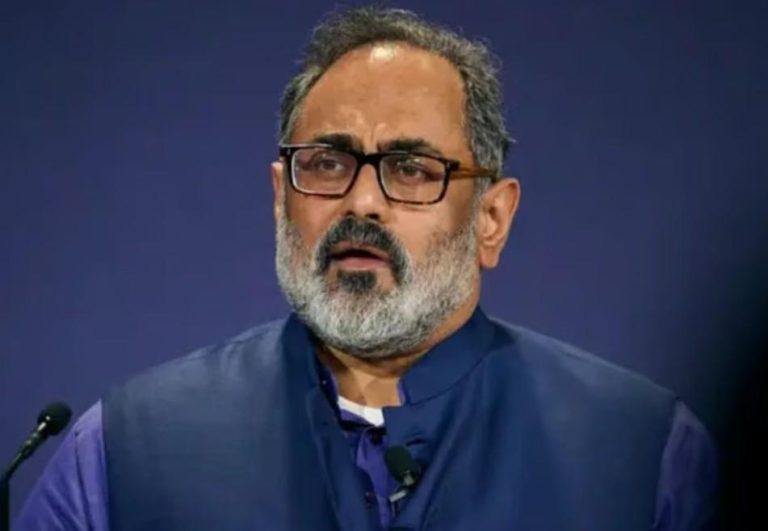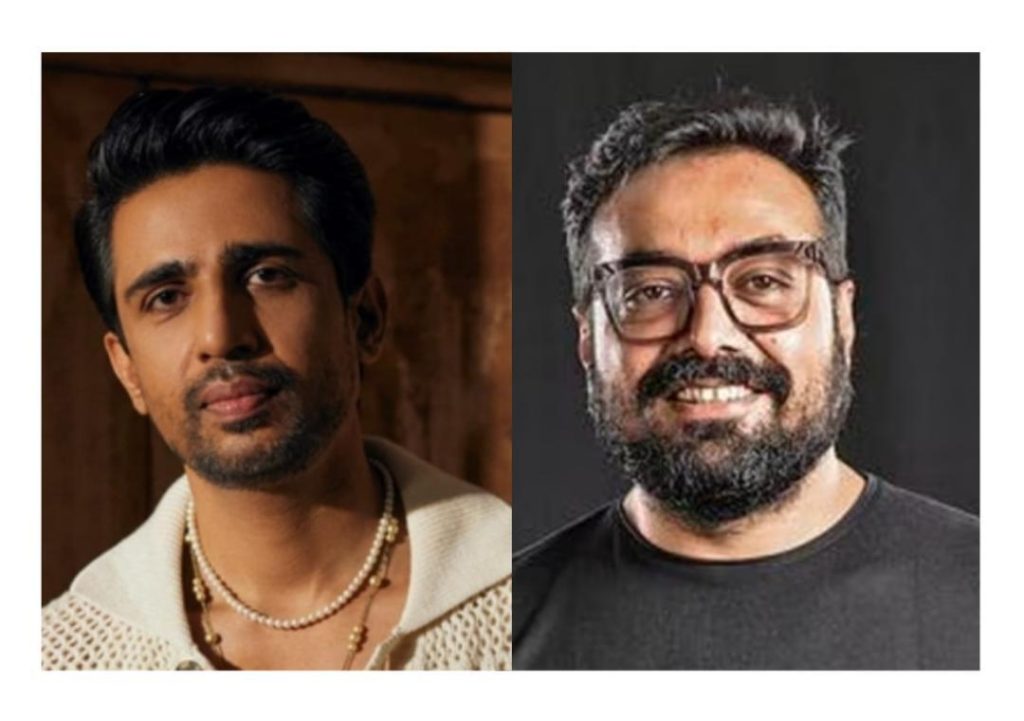
I Agree: Gulshan on Kashyap’s ‘Hypocrite’ Remarks on Netflix Execs
The debate on creative freedom and censorship in the Indian film industry has been a longstanding one. Recently, filmmaker Anurag Kashyap sparked a controversy by accusing the top executives of streaming giants like Netflix of being hypocritical. While reviewing the Netflix show ‘Adolescence’, Kashyap expressed his concern that these executives do not give Indian creators the same creative freedom as their Western counterparts. Actor Gulshan Devaiah has now reacted to Kashyap’s remarks, stating that he agrees with the filmmaker’s sentiment, but not with the accusations he is making.
Gulshan’s comments were made in an interview with a leading entertainment portal, where he said, “In principle, I do agree with Anurag…don’t agree with the accusations he’s making…I’m not a creator.” It’s interesting to note that Gulshan’s comments come from a place of understanding and empathy, rather than criticism. He acknowledges the issue of creative freedom and censorship, but also seems to imply that Kashyap’s approach may not be the most effective way to address it.
Kashyap’s remarks were likely a response to the fact that many Indian creators have faced restrictions and censorship while working with Netflix. The streaming giant has been accused of imposing its own creative vision on Indian filmmakers, often resulting in watered-down or compromised content. Kashyap’s comments were likely meant to highlight this issue and encourage Netflix to be more open and collaborative with Indian creators.
However, Gulshan’s comments suggest that there may be more to the story than just a simple case of hypocrisy. As a non-creator, Gulshan may be able to see the issue from a different perspective. He may be aware of the complexities of the creative process and the many factors that influence the final product. His comments also imply that Kashyap’s accusations may be overly simplistic or even unfair.
It’s worth noting that Kashyap’s remarks have sparked a heated debate in the Indian film industry. Many creators have come out in support of Kashyap, while others have criticized his approach. The issue of creative freedom and censorship is a complex one, and there is no easy solution.
Gulshan’s comments suggest that the issue is not just about Netflix or its executives, but about the broader cultural and societal context in which Indian creators work. He may be implying that the problem is not just with Netflix, but with the entire Indian film industry and its structures of power.
In any case, Gulshan’s comments provide a thought-provoking perspective on the issue. They encourage us to think more deeply about the complexities of creative freedom and censorship, and the many factors that influence the final product.
As we move forward, it’s essential that we have a nuanced and informed discussion about these issues. We need to listen to the perspectives of creators, executives, and audiences, and work towards finding solutions that benefit everyone.

